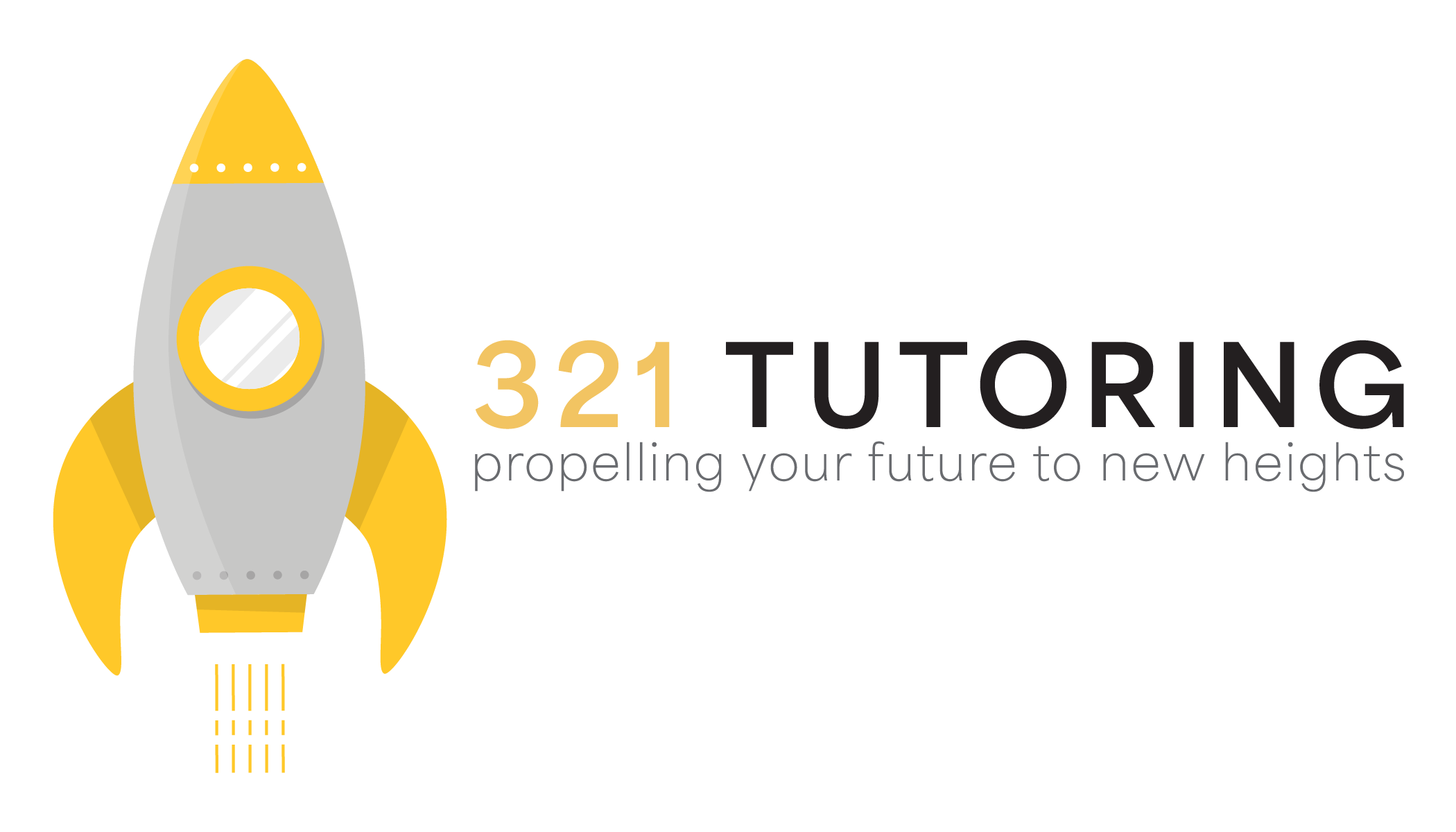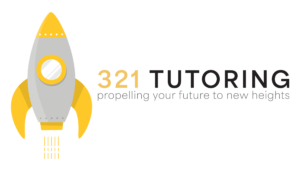The New Frontier: Human Space Travel and Its Implications for Education
Human space travel has long captivated the imagination of people around the world. From the pioneering Apollo moon landings to the ambitious Mars missions planned for the near future, space exploration represents the pinnacle of human achievement. But beyond the headlines and scientific milestones, space travel holds profound implications for education and the future of learning. At 321 Tutoring, we believe that understanding these developments can inspire and empower the next generation of learners.
The Evolution of Space Travel
The journey of human space travel began in earnest in the mid-20th century. The Space Race, primarily between the United States and the Soviet Union, culminated in the historic Apollo 11 moon landing in 1969. Since then, space travel has evolved from short-term lunar visits to the long-term habitation of the International Space Station (ISS), where astronauts from various countries live and work together for months at a time.
Today, the horizon of space travel is expanding rapidly. Companies like SpaceX, Blue Origin, and NASA are working towards sending humans to Mars and beyond. These missions not only aim to explore new frontiers but also to address critical questions about the sustainability of human life beyond Earth.
Educational Impacts of Space Travel
Inspiring STEM Learning: The excitement surrounding space missions can spark an interest in Science, Technology, Engineering, and Mathematics (STEM) subjects among students. Understanding the physics of rocket launches, the biology of human life in space, and the engineering behind spacecraft design provides a practical context for these subjects.
Interdisciplinary Learning: Space travel is not limited to STEM fields. It encompasses a wide range of disciplines including geography, history, economics, and even philosophy. For instance, the geopolitical dynamics of the Space Race or the ethical considerations of colonizing other planets are rich topics for classroom discussions.
Problem-Solving Skills: Space missions require innovative solutions to complex problems. Educators can use real-life scenarios from space travel to teach critical thinking and problem-solving skills. How do astronauts grow food in space? How do they manage limited resources? These questions can lead to engaging and educational projects.
Global Collaboration: The ISS is a prime example of international cooperation, with contributions from countries around the world. Learning about these collaborative efforts can teach students the value of teamwork and the importance of working together to achieve common goals.
Future Careers: As space travel becomes more commercialized, it opens up a plethora of career opportunities. From aerospace engineers and astrobiologists to space lawyers and business managers, the future workforce will need a diverse set of skills to support the burgeoning space industry.
How We Incorporate Space Travel in Tutoring
At 321 Tutoring, we strive to integrate the wonders of space travel into our curriculum. Here’s how:
Interactive Lessons: We design interactive lessons that use space travel as a backdrop to teach various subjects. For example, a math lesson might involve calculating the trajectory of a spacecraft, while a history lesson could explore the timeline of space exploration.
Hands-On Projects: Students participate in hands-on projects such as building model rockets, simulating space habitats, or even creating their own space mission plans. These projects not only reinforce theoretical knowledge but also develop practical skills.
Guest Speakers: We invite experts from the field of space exploration, including scientists, engineers, and astronauts, to speak with our students. These interactions provide firsthand insights into the challenges and rewards of working in space-related careers.
Field Trips and Events: Whenever possible, we organize field trips to space museums, planetariums, and observatories. These experiences bring space travel to life and allow students to see real artifacts and simulations up close.
In conclusion, human space travel is more than just a scientific endeavor; it is a testament to human curiosity, ingenuity, and perseverance. By incorporating the themes and lessons of space travel into education, we can inspire a new generation of thinkers, innovators, and explorers. At [Your Tutoring Company], we are committed to making learning an exciting journey, just like the voyages to the stars.
So, as we look up at the night sky and wonder what lies beyond, let us also look forward to the bright future of education that space travel can help us build.
Join us at 321 Tutoring and embark on an educational journey that’s truly out of this world!

